Rent or Buy? How to Decide What’s Right for You

The decision to rent or buy a home is one of the most significant financial choices you’ll make. Each option has its pros and cons, and the right answer depends on your lifestyle, financial situation, and future plans. Here’s a breakdown to help you decide.
1. Consider Your Financial Health
- Upfront Costs: Buying a home requires a significant down payment (often 5-20% of the home’s price), along with closing costs, insurance, and inspection fees. Renting typically involves a security deposit and first month’s rent, making it more affordable upfront.
- Monthly Budget: Homeowners pay for mortgage, property taxes, insurance, and maintenance, while renters generally only pay rent and utilities. Homeownership can lead to stable monthly payments with a fixed-rate mortgage, but there are also unpredictable expenses like repairs and maintenance.
2. What Are Your Long-Term Goals?
- How Long Will You Stay?: If you’re planning to stay put for at least 5-7 years, buying may be a smart investment, as it gives your home time to appreciate in value. But if you’re unsure about your long-term plans or think you might relocate for work, renting offers flexibility without the commitment.
- Investment Opportunity: Homeownership can build equity, providing a financial asset that grows over time. However, real estate markets can fluctuate, so consider whether you’re comfortable with the risks and rewards of owning property.
3. Do You Prefer Stability or Flexibility?
- Stability in Homeownership: Buying a home often means putting down roots in a community. If stability and a sense of ownership are important to you, purchasing might be the right choice.
- Flexibility in Renting: Renting allows for greater mobility, so if you’re likely to change cities, switch jobs, or want the freedom to try different neighborhoods, renting could suit your lifestyle better.
4. Are You Comfortable with Maintenance and Repairs?
- Homeowners Handle Repairs: As a homeowner, you’re responsible for everything—from fixing leaky faucets to replacing a broken furnace. This can be both costly and time-consuming, but it also gives you full control over your space.
- Renters Have Less Responsibility: As a renter, maintenance issues are usually handled by your landlord or property management, reducing your stress over unexpected repairs. However, you may have limited control over the design or customization of your living space.
5. How Important is Building Equity to You?
- Equity with Homeownership: Each mortgage payment helps build your equity, which can be a financial asset in the long run. This is ideal if you’re focused on creating wealth through real estate.
- Alternative Investments While Renting: While renting doesn’t build equity, it can free up money for other investments, such as stocks or savings, which can also generate returns if managed well.
6. What’s the Local Housing Market Like?
- Market Trends and Prices: In some areas, home prices are so high that renting is the more affordable option. In others, buying may be comparable or even cheaper than renting. Research your local market to understand current rent-to-buy ratios.
- Interest Rates and Mortgage Options: Low mortgage rates can make buying more affordable, while high-interest rates may make renting more attractive.
Final Thoughts
In general, buying a home makes sense if you’re financially prepared, ready to settle in one place, and interested in building equity. Renting, on the other hand, offers flexibility, fewer maintenance responsibilities, and often lower upfront costs. By assessing your current financial health, long-term plans, and personal preferences, you can make a choice that best supports your lifestyle and goals.





